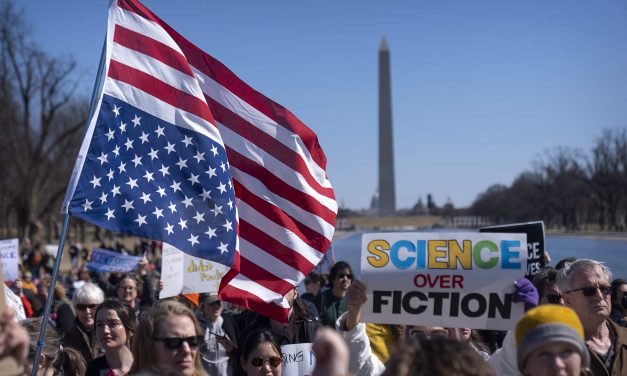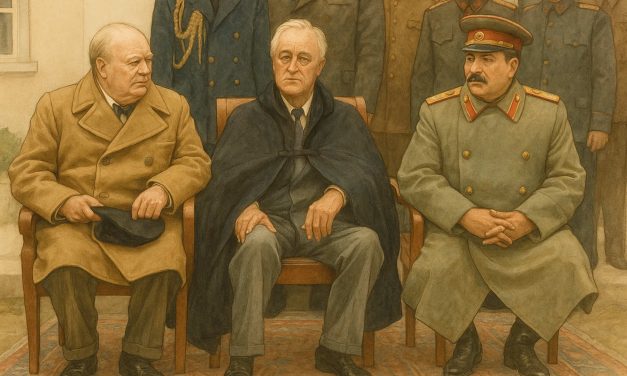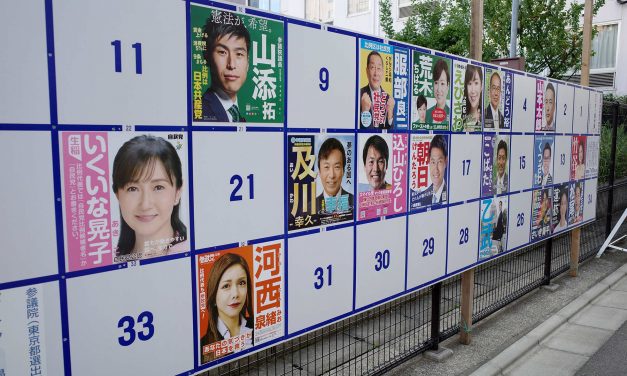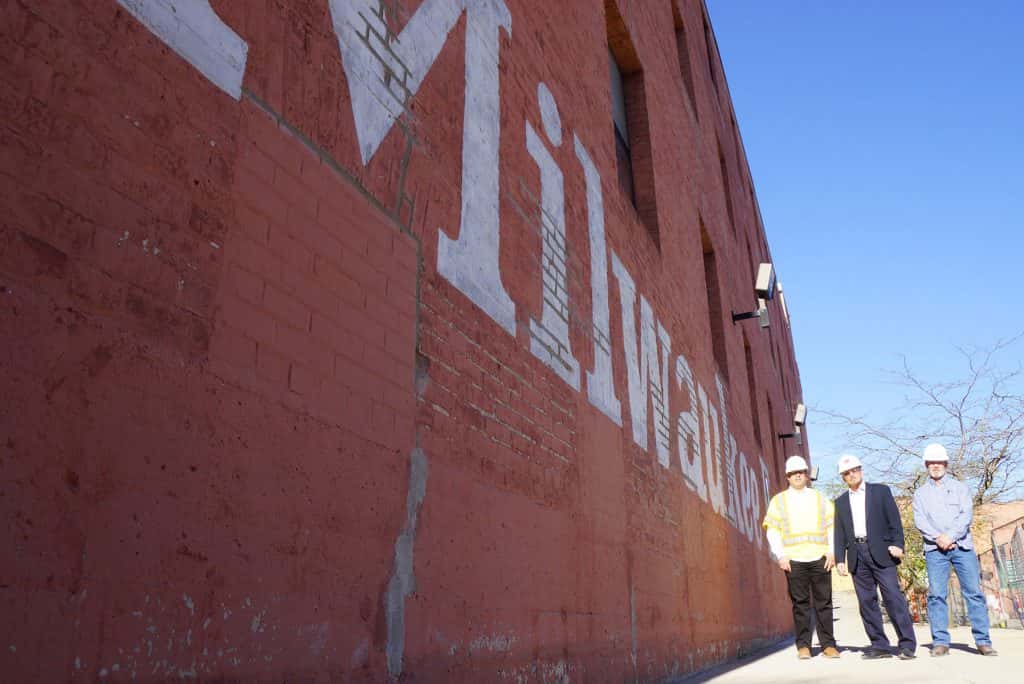Science over fiction: Why funding cuts to NIH will hit pro-Trump rural areas of red states hardest
By Prakash Nagarkatti, Professor of Pathology, Microbiology and Immunology, University of South Carolina; Mitzi Nagarkatti, Professor of Pathology, Microbiology and Immunology, University of South Carolina The National Institutes of Health is the largest federal funder of medical research in the U.S. NIH funds drive research and innovation, leading to better understanding and treatment of diseases and improved health outcomes. The NIH provided more than US$35 billion in grants to over 2,500 universities and other institutions in 2023 to support biomedical research. Thus, it came as a shock to these institutions when the NIH, based on a new Trump administration...
Read More















